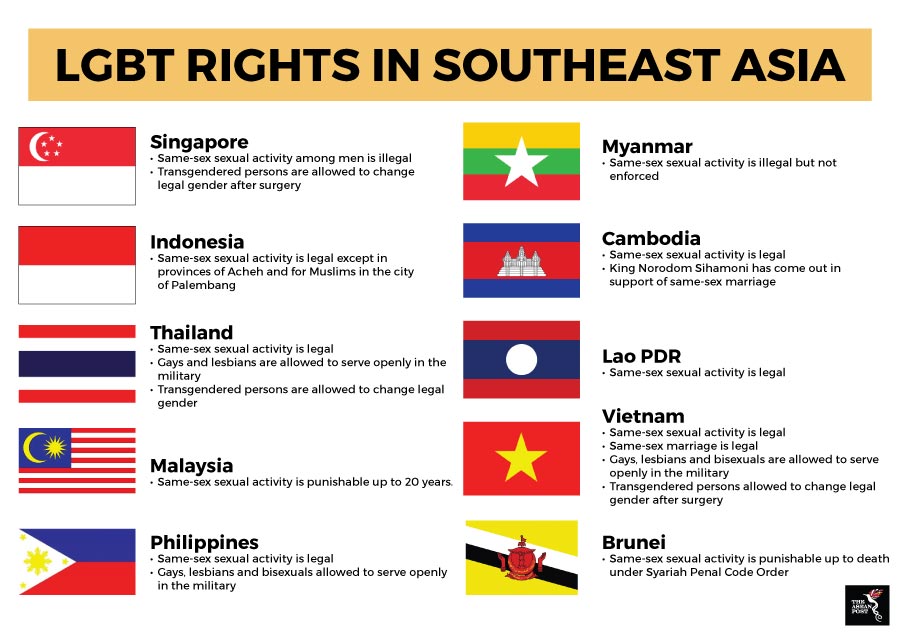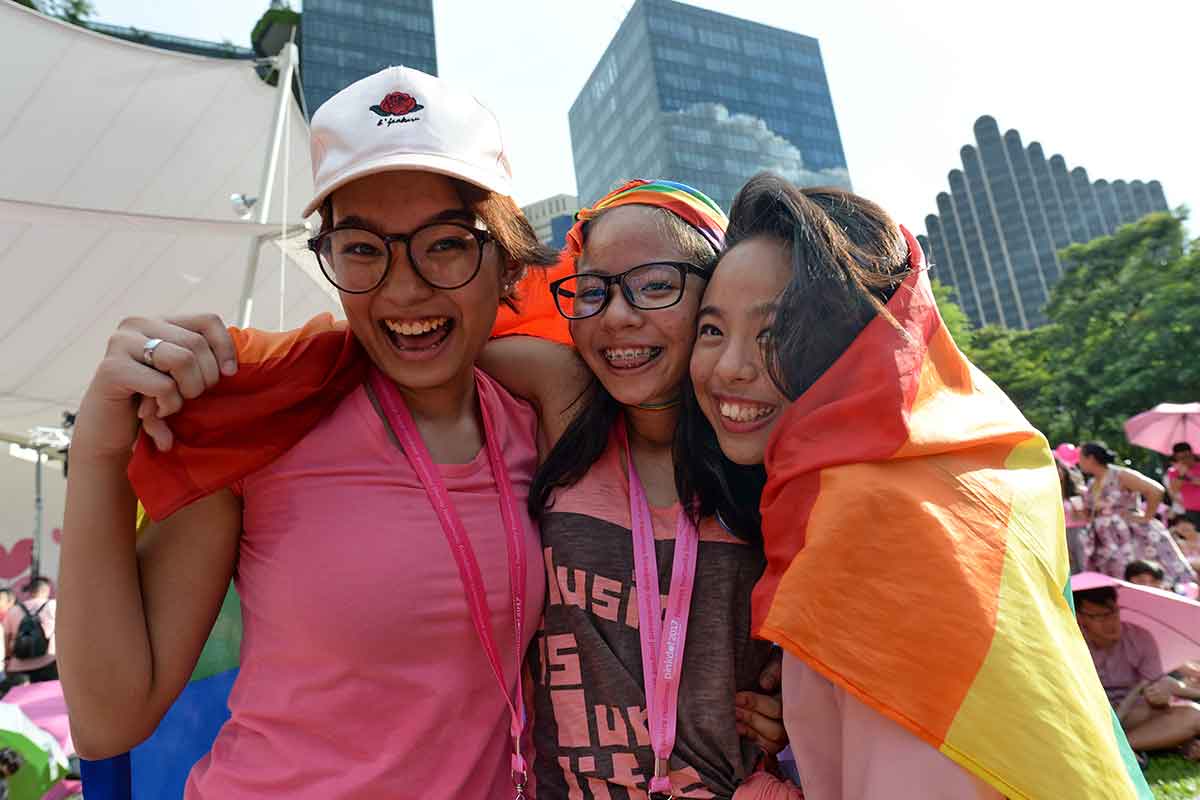By most global indicators, Singapore would probably surpass many advanced nations. For example, Singapore is considered one of the least corrupt countries in the world, it has the lowest tax rates and has the third highest per-capita gross domestic product (GDP) in the world in terms of Purchasing Power Parity. By all means – economically at least – Singapore is considered one of the most open countries.
However, that openness is largely limited to the economy. Even then, only a minority reaps the benefits of Singapore’s open economy. Meanwhile, other aspects of Singaporean society remain surprisingly conservative with strict laws in place to enforce this status quo.
An oft-cited example of this is Singapore’s ban on chewing gum but there are also other laws policing Singaporeans which have larger consequences and far reaching effects on society. Dissent and protest in the country is frowned upon and swiftly clamped down by the government. Laws such as the Public Order Act make public protests in Singapore an extremely rare sight. Another controversial law is the colonial inherited Section 377a which criminalises sex between mutually consenting adult men. While this law is rarely enforced, many see its existence as the state’s refusal to recognise the Lesbian, Gay, Bisexual and Transgender (LGBT) community. In turn, the government’s failure to acknowledge them could embolden homophobic attitudes towards the community.
There are also fears that this law can still be used to prosecute the community. Singapore’s Attorney-General Lucien Wong mentioned in a statement that the Government has not removed or restricted prosecutorial discretion for Section 377A.
 Source: Various
Source: Various
Growing pressure
The debate on repealing Section 377a has once again popped up in Singapore’s discourse following India’s Supreme Court decision to strike down the same colonial-era law. Last month, the Indian Supreme Court declared the law criminalising consensual gay sex to be ““irrational, indefensible and manifestly arbitrary”.
With India repealing the law, there is growing pressure on the Singaporean government to repeal Section 377a. Over the past decade, there has been a significant shift in attitude by Singaporeans towards recognising LGBT rights. One instance is the growing support Pink Dot has received. Pink Dot is an annual event celebrating the LGBT community in Singapore. This year saw 20,000 people in attendance for its annual rally, a massive difference from its first rally which only drew a thousand strong crowd.
The increasing number of signatories received by online movement Ready 4 Repeal’s online petition is also indicative of the growing support the LGBT community has received recently. At the time of writing the petition had already received more than 50,000 signatures. Another petition started by Gabriel Tang-Rafferty has received nearly 30,000 signatures.
The motion to repeal the law has also received traction from high profile individuals. Over the years, Pink Dot has received various endorsements from local celebrities. Even influential people in the world of politics, academia and business have come out to speak against the law. Former ambassador to the United States (US) Tommy Koh, former attorney general Walter Woon, Banyan Tree Holdings Ltd. founder and executive chairman Ho Kwon Ping, National University of Singapore board chairman Hsieh Fu Hua, and Shangri-La Hotel Ltd. executive chairman Kay Kuok are among those leading the push against the law. “377A is a bad and unjust law,” said Tommy Koh. “In my view it is also a violation of our constitution.”
Despite the growing movement against the law, the government is still reluctant to debate the law in Parliament. Singapore Law and Home Affairs Minister K Shanmugam said that public opinion is relevant when it comes to changing laws and claims that a majority of Singaporeans still oppose its repeal.
A survey by Ipsos Public Affairs revealed that a slim majority of 55 percent of Singaporeans said that they supported retaining Section 377a. However, the survey revealed that Singapore residents aged 15 to 24 were more likely to oppose the law. Also, 33 percent of Singapore residents agreed with the statement "I am more accepting of same-sex relationships than I was five years ago”. With a majority of youth opposing the law and many admitting that their attitudes have changed, perhaps the question of repealing Section 377a is not a matter of if but when.
Related articles:
